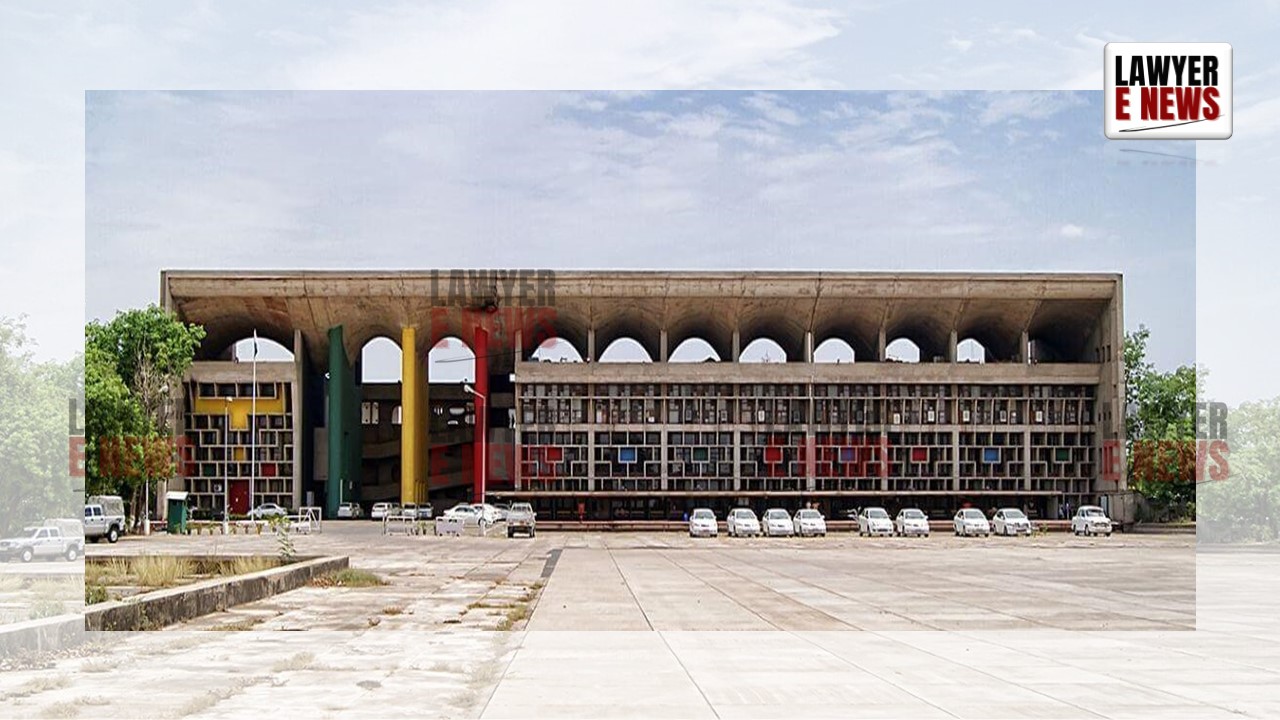-
by Admin
15 February 2026 5:35 AM



Punjab and Haryana High Court dismissed a Regular Second Appeal challenging the rejection of their plaint under Order VII Rule 11 CPC. The Court upheld that the plaintiffs lacked locus standi to challenge their grandfather’s Will and other transactions relating to ancestral property, and also ruled the suit as time-barred under the Limitation Act.
The appellants (grandchildren of the deceased Tej Pratap Singh) had filed the appeal against Kulwant Singh @ Beant Singh and others, contesting the validity of multiple Wills and property transfers executed decades ago. The core legal issues revolved around locus standi, the statutory limitation period, and non-joinder of necessary parties in the inheritance suit.
The court held that the plaintiffs, being grandchildren of the deceased, did not qualify as Class-I legal heirs under Section 8 of the Hindu Succession Act, 1956 during the lifetime of their mother, Ravinder Kaur, who was still alive when the disputed succession occurred. The court emphasized that the plaintiffs could not claim a higher right than their mother, who had not challenged the Will of Tej Pratap Singh during her lifetime.
"Succession does not remain in abeyance. Since Ravinder Kaur, the plaintiffs' mother, was alive when Tej Pratap Singh passed away, she was the Class-I heir. Plaintiffs, as grandchildren, cannot step into a higher right than their mother and have no locus to challenge the Will or transactions.”
The court found the suit challenging Wills and property transactions that occurred between 1971 and 2005 to be time-barred. Plaintiffs argued that they became aware of the transactions only after the death of their mother in 2013, but the court rejected this claim, labeling it as an attempt at "clever drafting" to circumvent the statutory limitation period.
"The court cannot permit such vexatious litigation. Clever drafting cannot mask the fact that the plaintiffs are trying to create an illusion of a cause of action to avoid limitation. The suit, filed after 43 years, is hopelessly time-barred.”
The plaintiffs failed to implead transferees and vendees involved in various transactions related to the property. The court ruled that no effective decree could be passed in their absence, making the suit defective.
"When challenging property transactions, all transferees and beneficiaries must be impleaded as necessary parties. Without their presence, no effective decree can be passed, and the suit is unsustainable."
Court's Conclusion: Suit Dismissed for Lack of Cause of Action, Limitation, and Non-Joinder
The High Court upheld the findings of the lower courts, rejecting the plaintiffs' contentions and dismissing the appeal. The court stressed that succession had already crystallized upon the death of Tej Pratap Singh, and any rights the plaintiffs could claim would derive only from their mother, who had not contested the disputed Wills or transactions during her lifetime.
Final Decision: Appeal dismissed, affirming the trial court's order rejecting the plaint under Order VII Rule 11 CPC.
Date of Decision: October 14, 2024
Gurpreet Kaur and Another v. Kulwant Singh @ Beant Singh and Others
